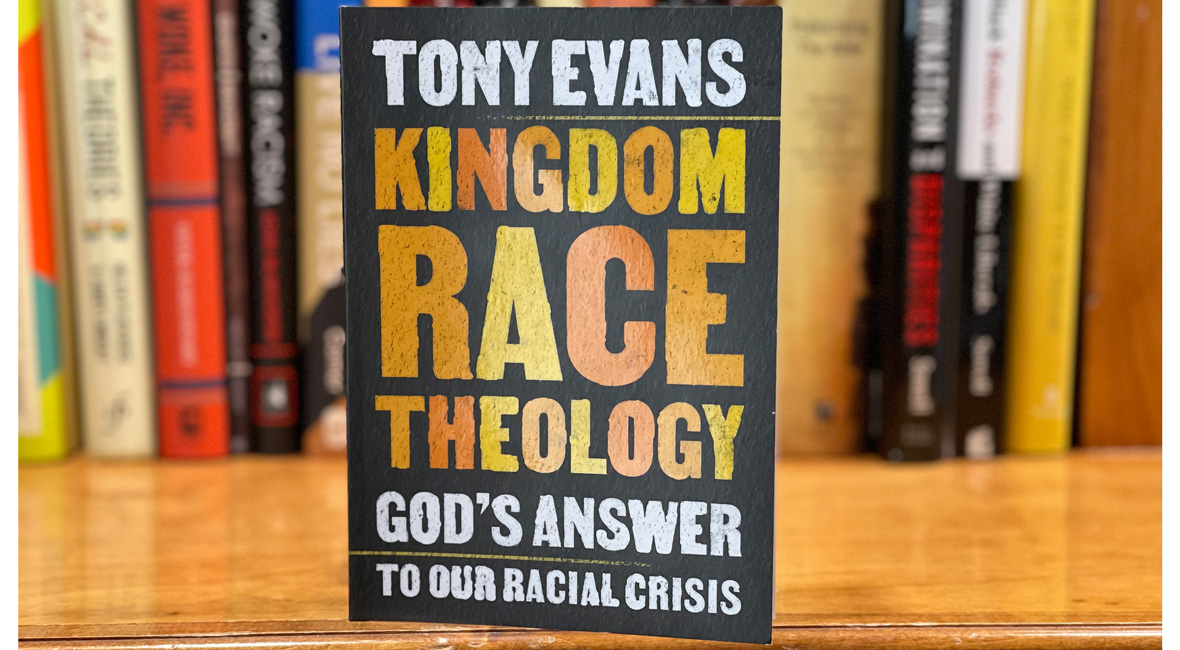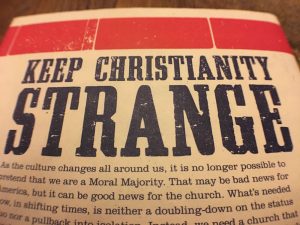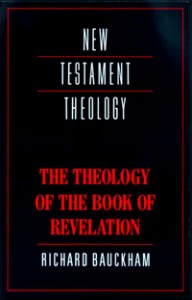Summary of Kingdom Race Theology
Kingdom Race Theology is Tony Evans’ biblical response to the secular, and Marxist, doctrine commonly known as Critical Race Theory. Evans is a “kingdomologist,” which means that his understanding of the Christian faith is centered on the biblical concept of the kingdom of God, which he defines as “the visible manifestation of the comprehensive rule of God.” (11) This little book is a primer on a kingdom approach to race, justice, and the unity of the Church. While he does not unilaterally reject Critical Race Theory, Evans is quick to point out that is both insufficient and divisive, and more importantly, that it is unbiblical. Even so, the Critical Race Theorists may have some good points worth considering, even if the solutions of people like Ibram Kendi and Robin DiAngelo fall short of God’s kingdom standard. The answers of CRT will never work, because “the solutions to the issues we face today are found only by applying a biblical and divine standard as answers to the questions before us.” (7)
Evans is careful to provide clear definitions for terms like racism, systemic racism, biblical justice, and other concepts that tend to get obfuscated in the broader cultural discussion around race. He defines his most important term, Kingdom Race Theology, this way: “The reconciled recognition, affirmation, and celebration of the divinely created ethnic differences through which God displays his multifaceted glory and advances his rule in history. God displays his glory through us while his people justly, righteously, and responsibly function in personal and corporate unity under the lordship of Jesus Christ.” (45) Ephesians 1:10 tells us that God’s will is “to bring unity to all things in heaven and on earth under Christ.” This unity brings glory to God, and like everything God does on earth, is primarily accomplished through human beings. Human beings are created by God with ethnic difference, and therefore God’s will is to work through the variety of human ethnic groups to bring this unity into being, which is for the praise of his glory.




 For those of us who watched, the images of the dramatic rescue of the miners will stay with us forever. It is remarkable to see someone delivered out of darkness.
For those of us who watched, the images of the dramatic rescue of the miners will stay with us forever. It is remarkable to see someone delivered out of darkness.

